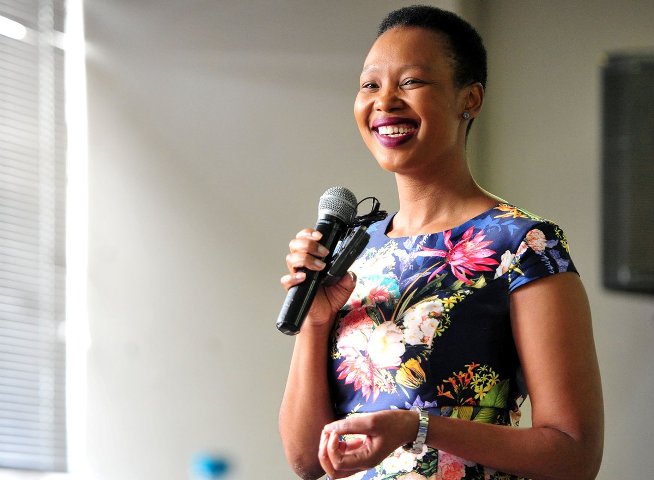Stella Ndabeni-Abrahams releases 4IR Commission Report for public consumption
Addressing reporters on Tuesday, Ndabeni-Abrahams said: “[The report] has identified eight key priorities that are important for the country to focus on, both for government and the private sector, as well as civil society.”

- Country:
- South Africa
Communications and Digital Technologies Minister, Stella Ndabeni-Abrahams, has announced the release of the Fourth Industrial Revolution (4IR) Commission Report for public consumption.
This comes after Cabinet last month approved the report, which was handed to President Cyril Ramaphosa in August.
President Ramaphosa appointed members of the Presidential Commission on the Fourth Industrial Revolution (4IR) in 2019, which was set up to assist the government in taking advantage of the opportunities presented by the digital industrial revolution.
Addressing reporters on Tuesday, Ndabeni-Abrahams said: “[The report] has identified eight key priorities that are important for the country to focus on, both for government and the private sector, as well as civil society.”
Among the areas of focus highlighted in the report is an investment in human capital.
“We have taken a conscious decision on not just the COVID-19 response but also… assisting South Africans to leverage on the Fourth Industrial Revolution. Ours is not just about technology but ours is about the people who must utilise the technology in order to change their social and economic status,” the Minister said.
The second focus area is on establishing an artificial intelligence institute.
“The Commission is convinced that one of the key drivers of 4IR… is building capabilities in artificial intelligence… that South Africans will not only have access to but [it must be something that] can also benefit the other African States,” said Ndabeni-Abrahams.
The next component the report identified as the key is the establishment of a platform for advanced manufacturing.
“Among the things that we are talking about is the need to re-industrialise the electronics industry.
“We are talking of jobs that are being lost due to COVID-19, but we are saying as much [that may be], COVID-19 has helped us [to confront] the basis of the 4IR.
“What opportunities can we navigate and invest in, in order to change the situation of the country?” the Minister said.
The work of the Department of Communications and Digital Technologies, the Minister said, is to coordinate strategies offered by sector role-players.
“We can have a coordinated approach so that we can execute effectively, and we can monitor impact.”
The report, she said, highlighted the importance of government to secure data for it to be used commercially for, among others, innovation by small businesses.
The commission recommended that government incentivise future industries, platforms and application technologies.
“In most cases in South Africa, we are consumers. We do not have tablets that are produced in this country, we do not TV sets that are produced in this country… We do not have software that is produced in this country,” said the Minister.
This, she said, was putting the country in a precarious predicament, especially in light of the United States and China trade war.
“It’s high time we invest in this… not only for our economic benefit as South Africa, but we can add our own character and also protect what we want to participate in,” she said.
Key to this will be to build 4IR infrastructure, the Minister stressed.
Digital migration
In this regard, the Minister said work has commenced, with SENTECH having been appointed as a project manager.
The deadline for digital migration is still December 2021.
(With Inputs from South African Government Press Release)
ALSO READ
Hospital Ordered to Compensate for Unnecessary Covid-19 Treatment
Viral Video Misleads with False COVID-19 Fourth Wave Prediction
China's Call for Global Collaboration on COVID-19 Origins
WHO continues to urge China to share data five years after COVID-19
China's COVID-19 Data Contribution Under Microscope










